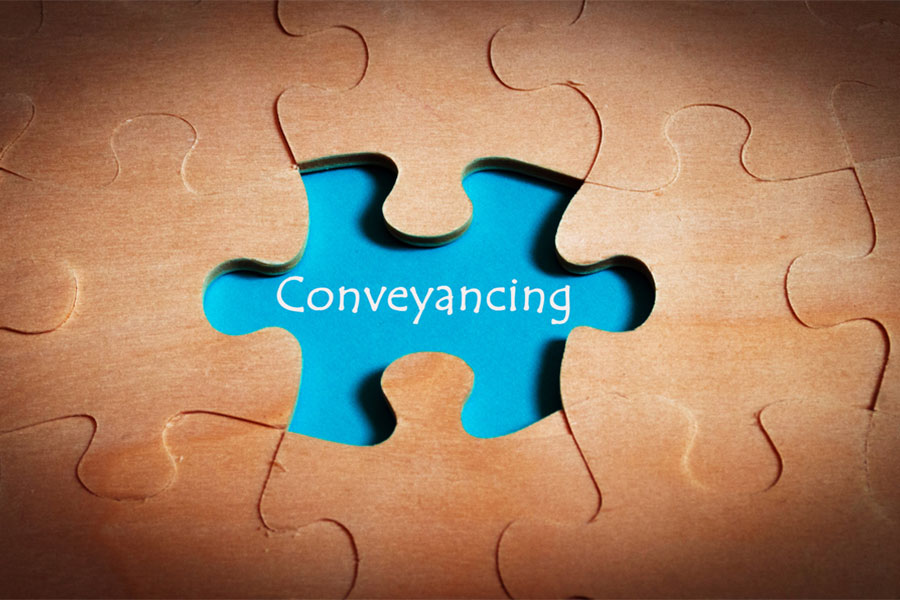
03 Sep What does a conveyancer do?
So, you’ve found your ideal home and you’re ready to make your move. It’s time to appoint a conveyancer to help you through the process; usually, this will be a solicitor or a licenced conveyancer or a property lawyer.
We deal with some trusted legal professionals on a regular basis so if you would like us to recommend someone for your transaction, we’d be happy to introduce you. Just give us a call on 01753 683000 or email us.
So, Conveyancers, what do they really do? We take a look at what they do, step by step.
Open your file
This is the first thing they will do. Essentially, they will send out a letter with their terms of business, this file will consist of all the basic details like contact information, date of birth, and national insurance number. Your conveyancer will ask for details like your estate agent if you need a mortgage, and which lender you are using. You’ll also submit a photo ID such as a passport or driving licence too.
Many solicitors will provide you with a fixed fee estimate, this is based only on the information you have provided to them and could change if they are presented with new information to complicate the situation. Your lawyer should always tell you in advance if extra charges will be added to the bill.
Search Fees
Your solicitor will manage all your Local Authority searches. These searches will uncover any potential issues with your new property including road or rail schemes, breaches of planning regulations, and the like. You would usually pay your solicitor upfront for this as they keep your payment on account and use the balance to pay for the searches.
Connect
Your agent will put together a Memorandum of Sale which is a document containing the name and address of the buyer and the seller, the solicitors’ details for each party in the chain, and the agreed sale price. They will then make contact with the seller’s solicitors to get the ball rolling.
Collate
Your Solicitor will gather and collate all necessary paperwork and prepare it for the transaction. Once the seller’s solicitor has drawn up drafts of the contract, they will send it along with a copy of the deeds for the property. They will also be sent documents such as the Seller’s Property Information Form, Fittings and Contents For, and any Leasehold Information.
Query
You solicitor will go through all the information as it arrives with them. They will take the time to raise any queries on your behalf and get answers from your seller’s solicitors. Queries could range from a number of things from something as simple as permissions for a satellite dish to a more complicated issue such as a discrepancy on the Deeds. These issues and finding their solutions can delay the process but it is an important part of their remit. Some issues could impact the mortgage lender’s ability to lend.
Protect
Once everything has been checked twice and the documents are completed, your solicitor will send you the documents to sign and return. These contracts tend to be secure and comprehensive and are designed to protect your interests. In the past, contracts have been mailed but in today’s modern world they tend to be emailed within a secure e-signature and ID verification platform, this can speed up the process by a number of days.
Finance
Once the contracts have been signed and exchanged your solicitor will ask for your deposit. This tends to be a bank transfer of a percentage of the property value. Some banks have a transfer limit so you may choose to make payment through CHAPS, which is a high-value payment system overseen by the Bank of England, there is a small charge for using this service.
Your solicitor will ensure you have all the necessary details ahead of time. The exchange date is usually only a few days before the completion date, so make sure that you keep lines of communication open with your solicitor.
Coordinate
Your solicitor will liaise with the other parties in the chain in order to come to an agreement on exchange, completion, and moving dates. Once this is established they will inform you of a concrete date for which you can make plans to move your possessions out of your existing home and into your new one.
Exchange
Sellers at the bottom of their contract will need to be released and ready for exchange first. Once this process starts, it cascades up contracts until complete within a set timeframe. At that point, the completion date can’t then change. Your deposit will be cleared in your solicitor’s account and your completion date will be fixed in the contract.
After exchanging contracts, the purchase becomes legally binding. If you back out after signing a contract and exchange funds (e.g., deposit), there are serious consequences: not only will you lose your money, but if you don’t complete on the fixed completion date stated in the contract then it is likely that legal action could be taken against you to compensate for costs incurred by your breach of agreement or failure to follow through with what was initially agreed upon.
Completion
Your solicitor will send you the final completion statement. Any outstanding balance due in order to complete is now payable, including all legal fees and costs as well as any money paid in advance such as for searches which will be deducted from your bill. Your solicitor also requests an additional amount of cash required for a mortgage on your behalf.
Your solicitor will send the balance of your closing costs, including any fees payable to the seller’s solicitors by same-day CHAPS transfer. Once they have received payment for all fees and charges due from you, their legal team will contact our office so that we can release a set of keys to you after completion is complete.
Register
Your solicitor will then register the change of ownership with the Land Registry. Once the land registry has completed registration, you’ll be sent an office copy along with any guarantees for your new property and they will also transfer stamp duty to HM Revenue & Customs on behalf of you.
So, as you can see, conveyancing is a little more complicated than it may seem. It can be the most frustrating aspect of moving home but there are many moving parts to a property transaction; in this case, patience really is a virtue.
Get in Touch
If you would like to speak to our member of our team about your property options or have a property to let in Colnbrook and the surrounding area, make sure that you give us a call on 01753 683000 or email us. You can also follow us on Facebook, LinkedIn, and Instagram.

